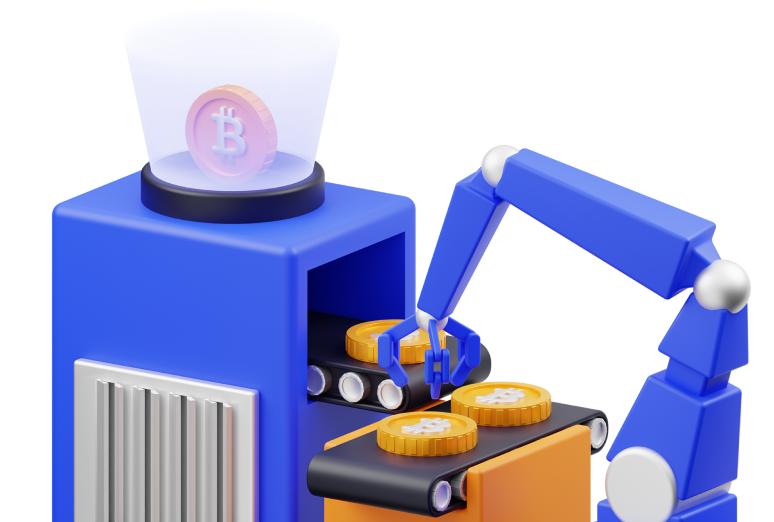NewAgeSMB presents
updating the socila media contents.
We understand the potential of blockchain technology. Which is why we want you to
help us help you with unleashing the power of blockchain with your business ideas.
- NFT Platforms
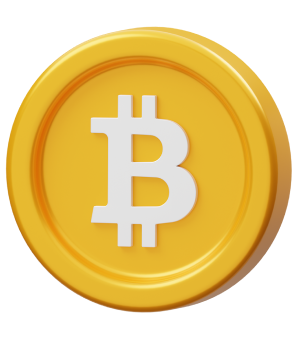






By including blockchain technology in your organization, you’ll have access to a shared and
an immutable ledger that can only be accessed by people you give permission to.
Flexibility
By its very nature, blockchain keeps a record documenting its assets every step of the way. This
erases all the digital red-tape, allowing actions to be completed much faster and efficiently.
Transparency
Since the ledger in blockchain is distributed, all the data is recorded identically across different
locations. Everyone (with permission) gets to see the transactions at the same time- including
when it occurs and when it’s occurred in the past.
Security
Due to its inherent immutability, none of the recorded data can be altered. Furthermore, this
data is encrypted end-to-end, meaning no chance of fraud or unauthorized activity.
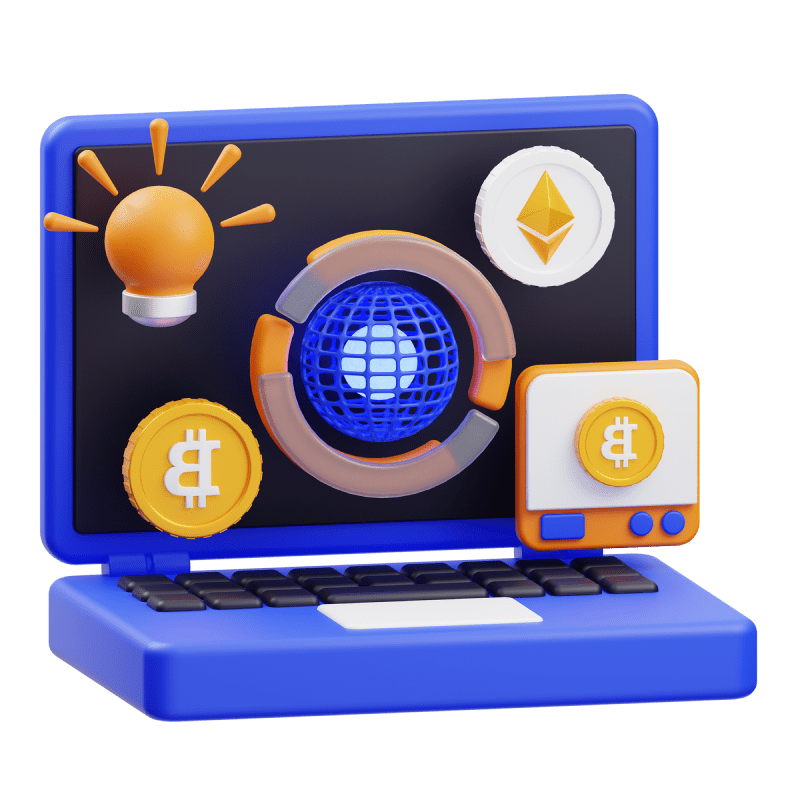



BlockChain
NFT Platforms
The “fungible” in Non-fungible Tokens is extremely important- because unlike Ethereum, Bitcoin, or any other cryptocurrency, NFTs are uniquely identifiable. As in, whatever an NFT sells for is strictly associated with the digital data (in the form of photos, video and audio) it references.
The first recorded instance of this interesting concept being conceived was back in 2014, in the form of a video clip named “Quantum” that was registered on the Namecoin blockchain (originally forked from Bitcoin software) by Kevin McCoy. It was sold to Anil Dash for $4.
BlockChain
Blockchain Wallet Development
A blockchain wallet, as the name suggests, is a digital wallet that allows you to hold, convert and trade your cryptocurrencies. Every blockchain wallet has a Wallet ID, which is the fiat equivalent of a bank account number. With a wallet, you can trade multiple digital currencies and/or assets- including (but not limited to) cross-chain token switching.
All the data you hold in your wallet is encrypted, and won’t be available to anyone else apart from the wallet holder i.e. you. When you work in additional layers of security such as two-factor authentication and multiple signatures, it makes it nearly impossible to compromise your wallet.
NewAgeSMB is highly experienced at Blockchain Wallet Development, and invite you to contact us for development and/or consulting services for blockchain projects.



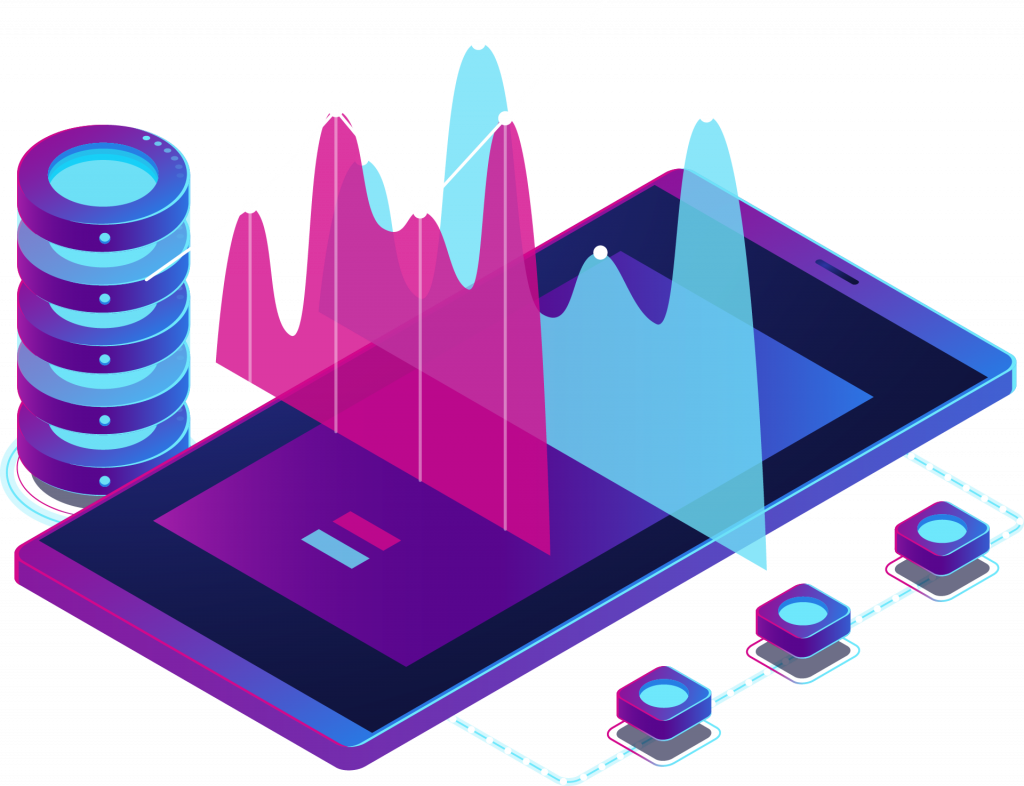
Custom Blockchain App Development
At NewAgeSMB, we offer scalable and robust custom blockchain software solutions for corporations and startups using multiple blockchain platforms including Tezos, Hyperledger, Polkadot, Tron, Stellar, and EOS.
Using apps to transfer money
Way less expensive and way faster than going the traditional route. Transferring money between two American bank accounts can take days- with blockchain, it takes mere minutes. Decentralized exchanges don’t need investors to deposit their assets with a centralized authority, either- which means that you gain much more autonomy
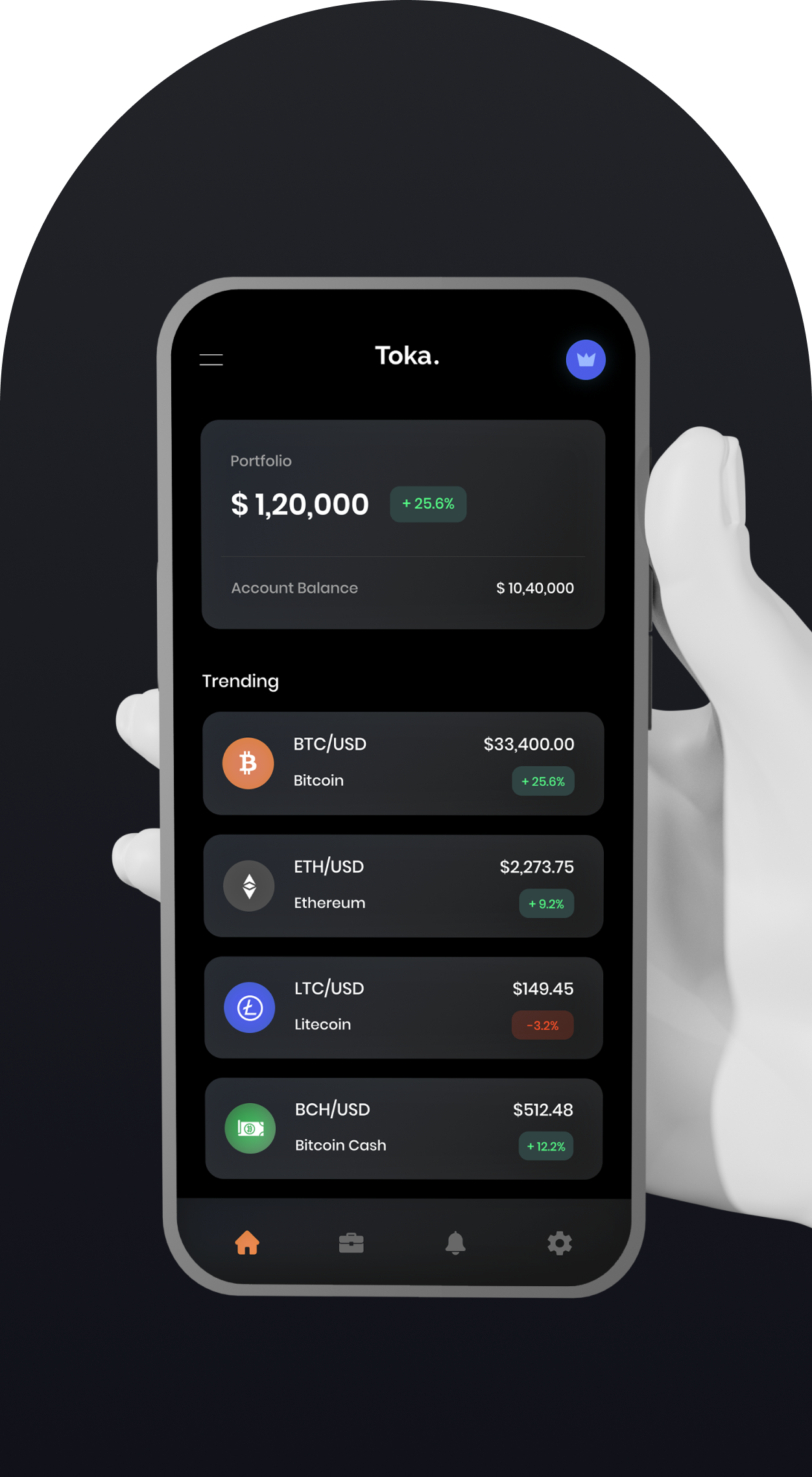

Real estate transactions
Anyone reading who’s bought a house can attest: So. Much. Paperwork. It makes sense when you factor in the verification of financial information, ownerships, transferring deeds and titles to new owners, etc. But despite all this, using blockchain technology to keep a track of real estate transactions grants all the parties involved a more secure and accessible method of verifying and transferring ownership. Result? Way less red tape. Way more time and money saved.
Logistics and supply chain tracking
What are the benefits of having data available on a secure public ledger? For one, it makes it much easier to refer to the data and consequently communicate about it with all the partners involved. For another, the data can’t be tampered with- meaning logistics and supply chain partners can trust each other much easier with information that is accurate and instantly updated.
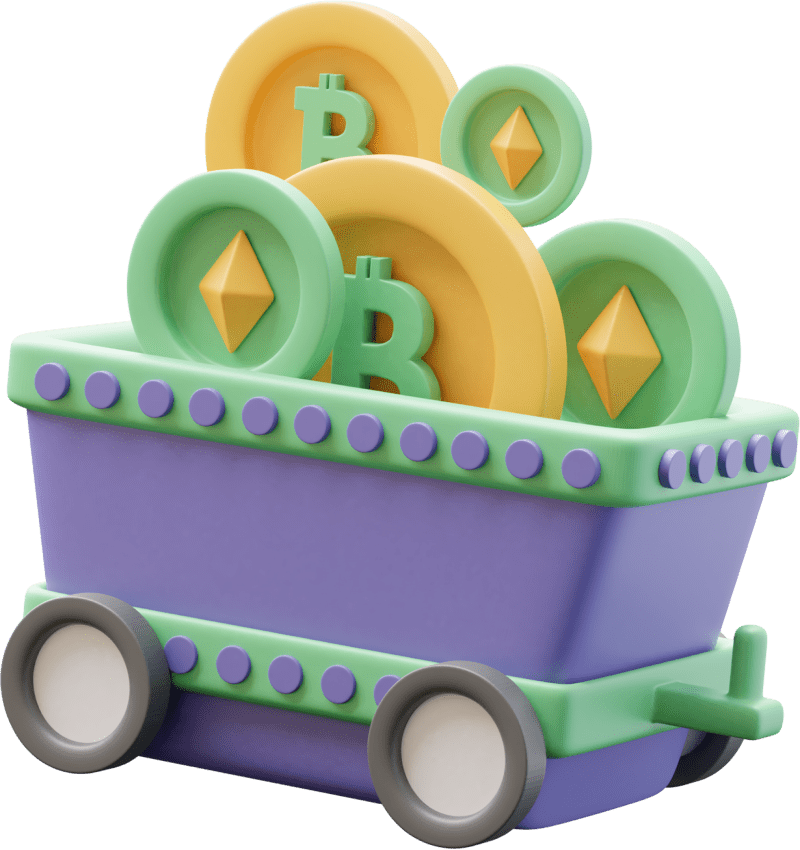
How does blockchain work for business?
Over 400 companies have already tried blockchain
Nick Green
Developer

Blockchain is extremely interesting- but it can be overwhelming! Here’s a list of questions that
are frequently asked by new customers- and answers that we’ve curated in response.
In a nutshell- a blockchain is a chain of records, called ‘blocks’. Each record is linked to the
previous record with a cryptographic hash. Data is transferred through these blocks, and
everytime a block is created to get into this hash, it is timestamped. The number of blocks linked
together grows, forming a chain. Because of all of this, once recorded, the data in any of the
blocks cannot be changed- unless all the blocks chain after it are also changed.
In simple terms, tokenization divides the ownership of a physical asset into digital tokens.
For example, imagine a large plot of farmland, about 1000 acres large worth $10 million.
Usually, selling this plot as a whole unit would be out of reach for common folks, and would only
be accessible by people with large amounts of capital. But tokenizing this land into 1000 digital
tokens (each token worth $0.01m) would allow your average joe to buy a couple of these tokens
at $10,000 per token. This is because each of these digital tokens would be traded securely on
a blockchain ledger, making it accessible to anyone who wishes to buy them.
As the name suggests, decentralized applications or dApps don’t need to be run on a single
computer. Run on P2P blockchain networks, dApps are free from the control of a single
authority. Being run on blockchain, dApps can also process
In a nutshell, smart contracts are programs stored on a blockchain that run when predetermined
conditions are satisfied. Automation also forms a big part of the picture, as the next action is
triggered when conditions are met.
Smart contracts are used to automate the execution of an agreement so that all participants can
be immediately certain of the outcome, without any intermediary’s involvement or time loss.
Ah, the buzzword of the last decade.
Cryptocurrency is a digital form of currency that works as a medium of exchange through a
decentralized computer network. The decentralization part is important because it means that it
does not rely on a central authority like a bank to regulate it.
When you own a coin (or multiple coins), your ownership record is stored in a digital ledger. This
ledger is a computerized database that uses cryptography to record transactions, create new
coins, and verify the buying and selling of these coins.
In a nutshell, cryptography is a digital form of money that is built on blockchain technology.
A blockchain wallet, as the name suggests, is a digital wallet that allows you to hold, convert
and trade your cryptocurrencies. Every blockchain wallet has a Wallet ID, which is the fiat
equivalent of a bank account number. With a wallet, you can trade multiple digital currencies
and/or assets- including (but not limited to) cross-chain token switching.
All the data you hold in your wallet is encrypted, and won’t be available to anyone else apart
from the wallet holder i.e. you. When you work in additional layers of security such as two-factor
authentication and multiple signatures, it makes it nearly impossible to compromise your wallet.
You don’t have to worry about transactions getting lost either- blockchain’s distributed nature
means that the same data is distributed and verified by all the wallet nodes- and cannot be lost
or messed with. What this means is that transactions cannot be collapsed or duplicated.
